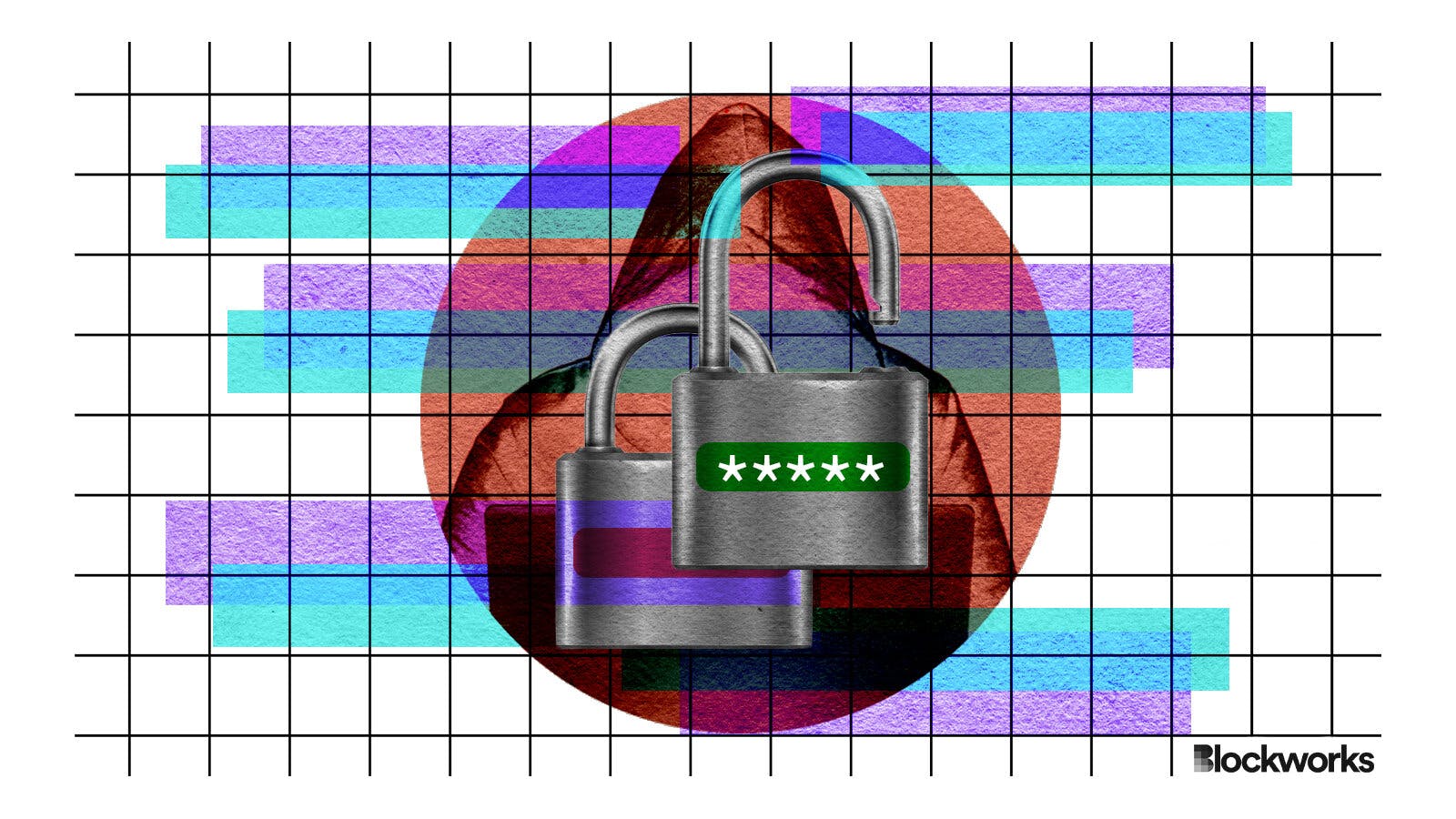OFAC sanctions 10 wallets linked to LockBit takedown
Europol said authorities have frozen over 200 crypto accounts linked to LockBit

Artwork by Crystal Le
The Treasury’s Office of Foreign Assets Control added several wallet addresses tied to two Russian nationals to its specially designated nationals list.
Artur Sungatov and Ivan Kondratyev were indicted on charges related to ransomware deployment. The two were tied to LockBit, a ransomware group that received over $120 million in ransom payments, according to the Department of Justice.
OFAC identified 10 wallet addresses tied to Sungatov and Kondratyev.
The US worked with the UK and other law enforcement agencies across the world to charge and take action against LockBit.
A press release from Europol said that law enforcement agencies from 10 countries worked together to freeze over “200 cryptocurrency accounts linked to the criminal organization, underscoring the commitment to disrupt the economic incentives driving ransomware attacks.”
Read more: Crypto money laundering activity down 29% from 2022: Chainalysis
Sungatov and Kondratyev, the DOJ said, were designated due to their cyberattacks.
The Cybersecurity and Infrastructure Security Agency put out a cybersecurity advisory on LockBit in June, noting that the ransomware variant continued to be “prolific in 2023” after becoming the most deployed variant in 2022.
“LockBit ransomware operation functions as a Ransomware-as-a-Service (RaaS) model where affiliates are recruited to conduct ransomware attacks using LockBit ransomware tools and infrastructure,” the warning said.
The takedown, dubbed Operation Cronos, took 34 servers down across the Netherlands, US, Finland, France and the UK.
The UK’s National Crime Agency, according to Europol, took control of the “technical infrastructure that allows all elements of the LockBit service to operate, as well as their leak site on the dark web, on which they previously hosted the data stolen from victims in ransomware attacks.”
Chainalysis, earlier this month, said that ransomware payments topped $1 billion in 2023 after the figure declined to $567 million in 2022.
Read more: North Korea is still a threat to crypto: Chainalysis
The $1 billion marked the “highest number ever observed,” the firm noted.
Get the news in your inbox. Explore Blockworks newsletters:
- The Breakdown: Decoding crypto and the markets. Daily.
- 0xResearch: Alpha in your inbox. Think like an analyst.






